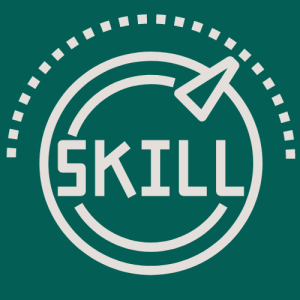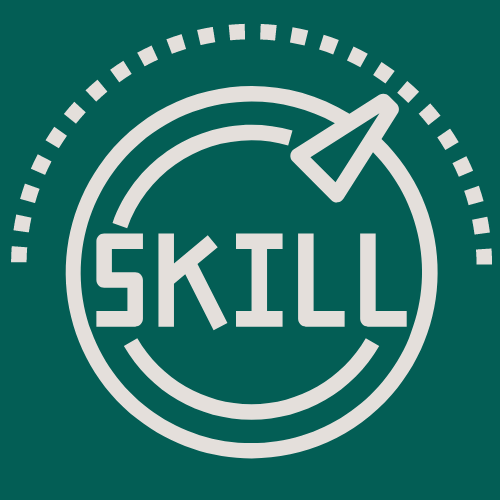
A widening GIS skills gap in Scotland
Geography is viewed as a social science within the Scottish curriculum; however, this currently downplays the element of GIS and its importance as a source of employment. The ability to link geography with computing science in schools to help put geospatial on the map! Qualifications also need to be considered at all levels – SQA, college and university.
Schools, colleges, and universities are promoting data science as a key career path for students. Huge opportunities are opening up across the world and salaries in this area are leading the charge, however GIS analysis is not considered under the umbrella of data science. If it is to be taken seriously as a career path, awareness raising is required to showcase the opportunities and consideration must be given as to where it is introduced – school or college or university courses – apprenticeships – jobs?
There is a need in geospatial sector to develop a campaign similar to the one launched a few years ago in the Construction sector – GoConstruct – an online resource for anyone looking for a career in the construction and built environment sector. A campaign like this will significantly increase the awareness of geospatial and ultimately the skills base for geospatial in Scotland.
Bruce Gittings, Chair of AGI-Scotland said “We want to put Scotland at the centre of an international geospatial stage so we can attract technology entrepreneurs, promote start-ups and bring research to this country. To do this we need a diverse base of skilled professionals, building on Scotland’s geospatial heritage and a growing data science sector. While our universities lead the world in aspects of this GIS and remote sensing, we need to expose students in schools and colleges to the benefits and potential of this technology, as well as ensuring we have appropriate professional development opportunities for those at all career stages. Having access to industry networks such as Location Data Scotland and AGI Scotland is essential to help address this skill challenge and identify appropriate solutions.”
Have your Say!
A survey was launched in May 2022 and a series of roundtables are underway to consider the findings and discussion a shared vision for tackling the challenges. If you want to join a roundtable, contact ashley.stewart@optimat.co.uk





